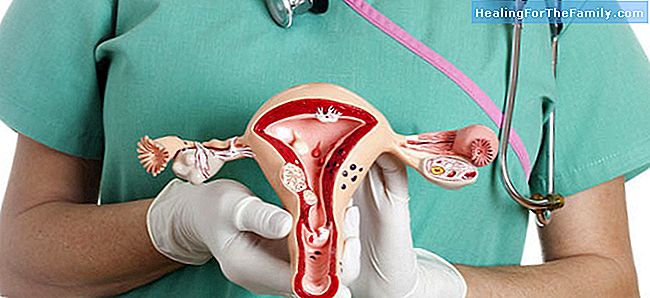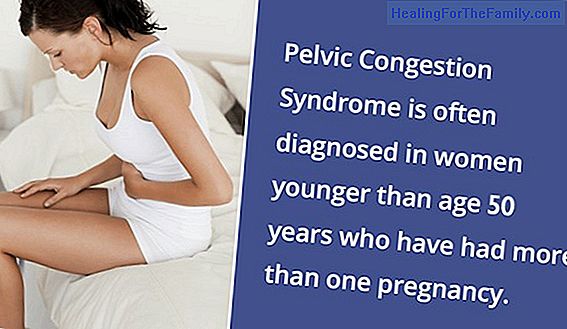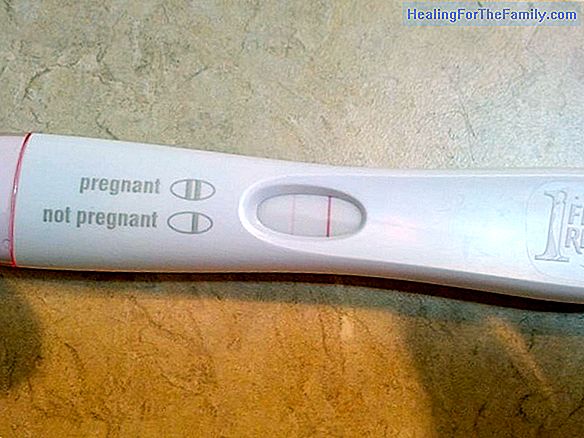Polycystic ovary syndrome and infertility
Polycystic ovarian syndrome is more common than it may seem. It usually appears from 17 to 30 years, and the reasons are unknown, although it is related to hormonal imbalances. Sometimes the polycystic ovary syndrome is very related to the difficulty to get pregnant, being one of the causes of femal
Polycystic ovarian syndrome is more common than it may seem. It usually appears from 17 to 30 years, and the reasons are unknown, although it is related to hormonal imbalances. Sometimes the polycystic ovary syndrome is very related to the difficulty to get pregnant, being one of the causes of
female sterility . Polycystic ovary syndrome and sterility
For women to ovulate we need the ovaries to make two types of hormones:

estrogen and progesterone . These hormones are responsible for regulating the menstrual cycle, and the moment when the ovary releases the egg, that is, ovulation.Another of the hormones that are also involved are
androgens , a hormone more linked to man, but that women also manufacture, although in a smaller proportion.In the case of women with polycystic ovary, the secretion of androgens is higher than normal, which makes it difficult for the ovum to leave the ovary. The ovules stick to the wall of the ovary and try to leave, but in this struggle to free themselves, cysts develop in the ovaries, which are small
bags of fluid. On many occasions these ovules do not reach freeing , so there is no ovulation or there is an irregular ovulation.The true causes of this syndrome are not known, although they believe that it may be related to the increase in insulin in the body, and genetic inheritance; that is, if your mother or sister has it, it is likely that you will too.
Symptoms of the polycystic ovary Although may vary from
one woman to another, there are certain symptoms that can indicate that you may suffer from this syndrome:
- Absence of the menstrual period, even if it has been previously. - Irregular periods. - Excessive body hair.
- Acne on face, chest and back.
Consequences of the polycystic ovary:
- Obesity.
- Diabetes.
- Hypertension.
- Infertility.
- Heart disease.
- Cancer.
But in spite of having such bad predictions and not having a cure, there is no need to worry too much, since
there is treatment
. The important thing is to detect it in time to counteract the possible problems to be developed.
The doctor, from an ultrasound and a blood test hormonal, can tell you if you have it. Treatment begins by losing weight in women who are obese, and helping to prevent diabetes, hypertension
or cholesterol. It is usual for the gynecologist to order you to take birth control pills to regulate the rule, and they will help reduce the excessive growth ofbody hair
and acne. If you want to get pregnant and suspect that you may have polycystic ovary syndrome, you should go to your gynecologist
to have your medication, control your periods and be able to get normal ovulations.












